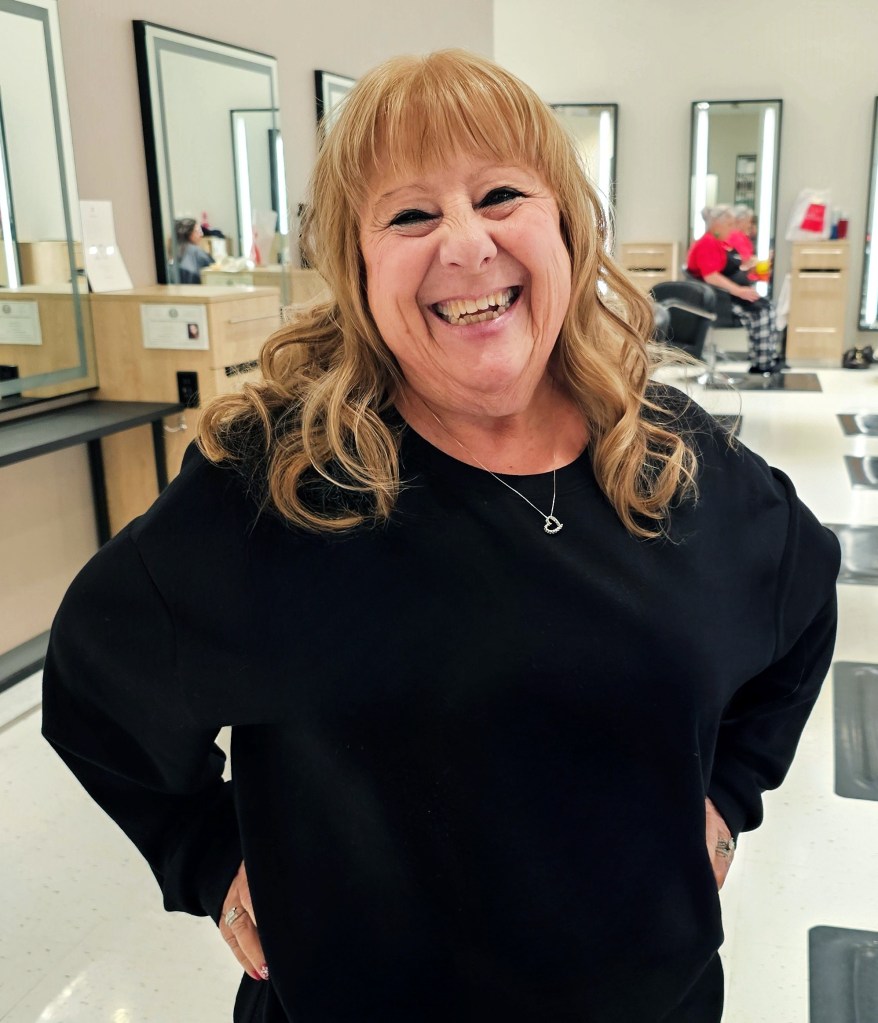More treatment options mean more flexibility for people with cancer
Additional treatment options can help patients make time for their health and their priorities
August 20, 2025

Every person diagnosed with cancer is unique. That’s why it’s so important for patients to have more treatment options and the opportunity to make treatment decisions with their doctors that may give them the flexibility to allow them to have more time to take care of their health.
Understand cancer treatment options
Advances in cancer treatment are happening every day and therapeutic options are continuously expanding. The right cancer treatment for a given patient depends on many factors including the type of cancer they have, the stage of their cancer and their overall health. Some common options include:
- Radiation therapy
- Chemotherapy
- Hormone therapy
- Targeted therapy
- Immunotherapy
- Surgery
Each of these types of cancer treatment work in a unique way to treat the disease. Certain treatments also can be delivered in different ways, including but not limited to:
- Orally: Via a pill or something taken by mouth
- Topically: Applied to the surface of the skin
- Intravenously: Administered through a needle or tube inserted into a vein (also called an infusion, when the medication is delivered over a specified period of time)
- Subcutaneous injection: Via a needle inserted directly into the fatty tissue layer between the skin and muscle
As additional treatment options become available, patients and caregivers are more likely to be able to consider which treatment option works best for their condition, lifestyle and preferences.
Researchers are exploring how to make treatment more flexible
Traditionally, some therapies have been administered only in hospitals and infusion clinics, often requiring patients to travel for their care, which can be time-consuming and burdensome. Once patients arrive, there are multiple steps health care providers must take in preparing for and administering treatment and observing the patient afterwards. A treatment day can be long when you consider the time from when patients leave their homes to the time they return from treatment.
As therapeutic options are expanding, patients and caregivers may find options that allow them greater flexibility in their daily life. Some treatment options may be quicker to receive than others or allow patients some choice over their preferred dosing schedule. Recent research has also led to potential options that may allow for treatment to be administered in settings such as a doctor’s office or a local community-based care center. With more options to choose from, there’s greater opportunity for patients to make treatment choices based on their varying lifestyle needs, allowing them to use their time as they’d like to focus on what matters most to them personally.

“Time is one of the most valuable resources we all have, and at MSD we believe in prioritizing health so we can embrace every moment.”
- Dr. M. Catherine Pietanza
Vice president of global clinical development, MSD
“Cancer is not a one-size-fits-all disease, so it’s important that we offer treatment options that allow patients more flexibility,” said Pietanza.
Make time for your health – and the other parts of your life, too
Roz Faulhaber, a school counselor who had colorectal cancer, discovered firsthand the challenges of finding enough hours in the day to make time for everything following a cancer diagnosis.
“Receiving cancer treatment while trying to maintain a sense of normalcy in my life has been very challenging at times. I commute several hours to my treatment center and once I get there, the treatment itself can take hours. I want to spend more of my day with my grandchildren or relaxing at our beach home,” said Faulhaber.

“Discussing my treatment options with my doctor has been crucial – they’ve helped me select a care plan that best meets my needs, and we continue to discuss new options that could give me time back in my day and flexibility.”
- Roz Faulhaber
Patients should talk to their health care provider about options that fit their needs and may provide them with more flexibility to allow them to have more time to take care of their health.
Learn about our oncology research.


